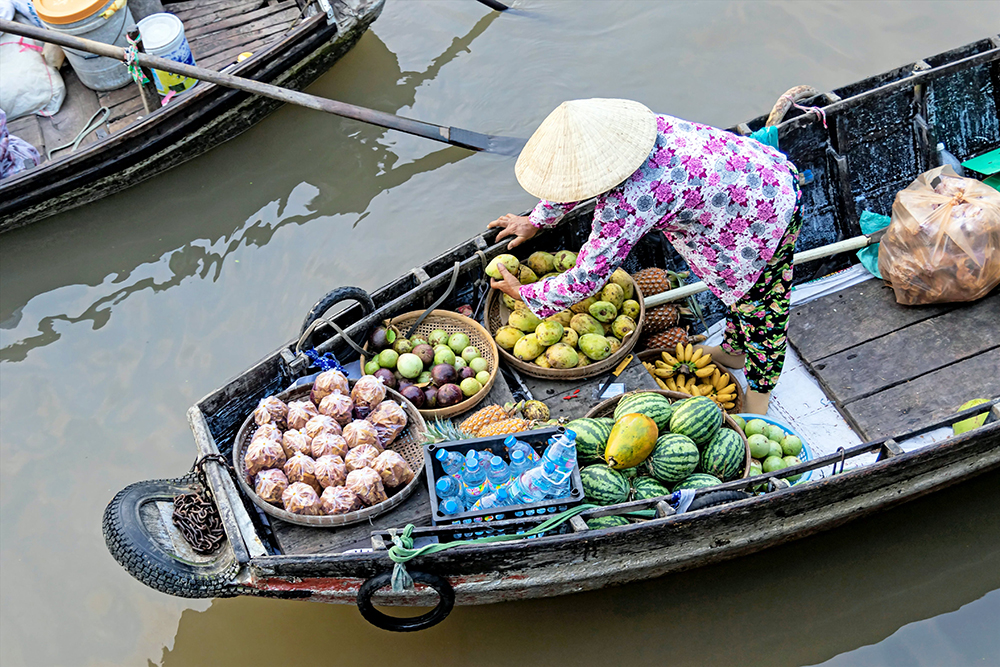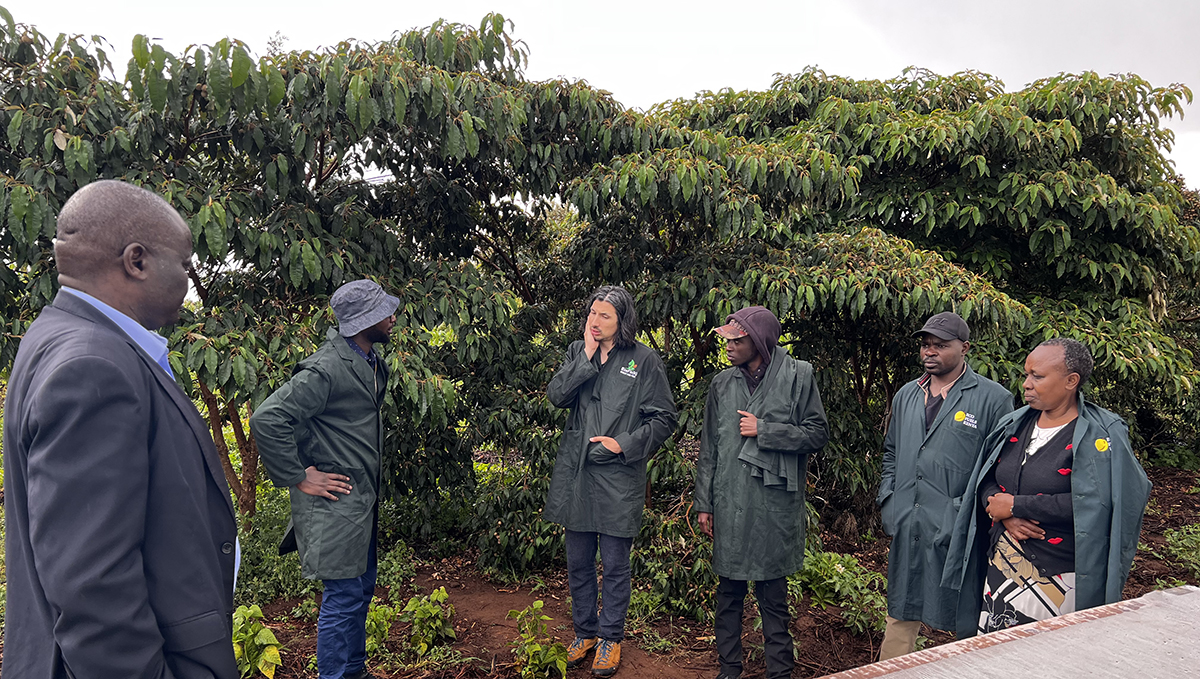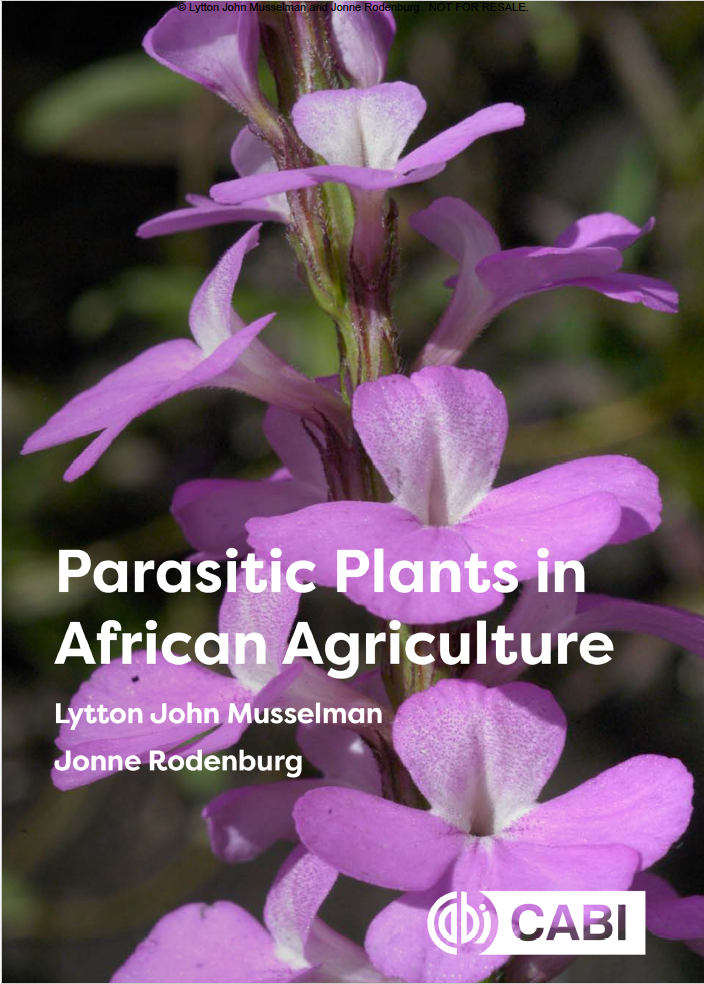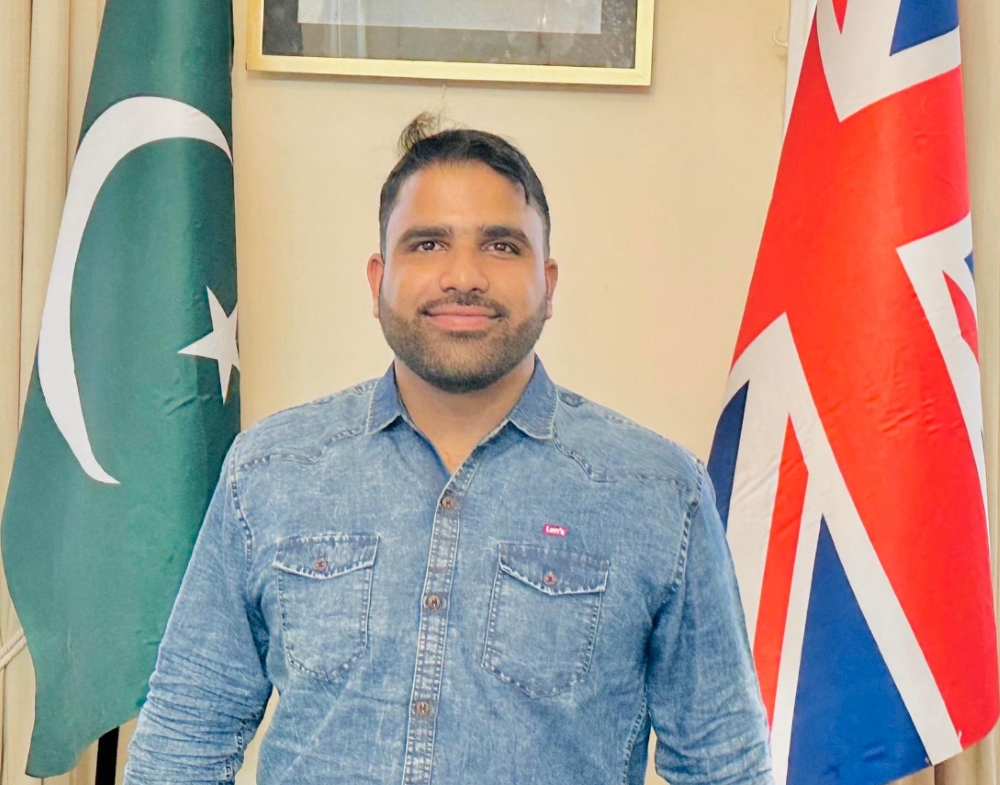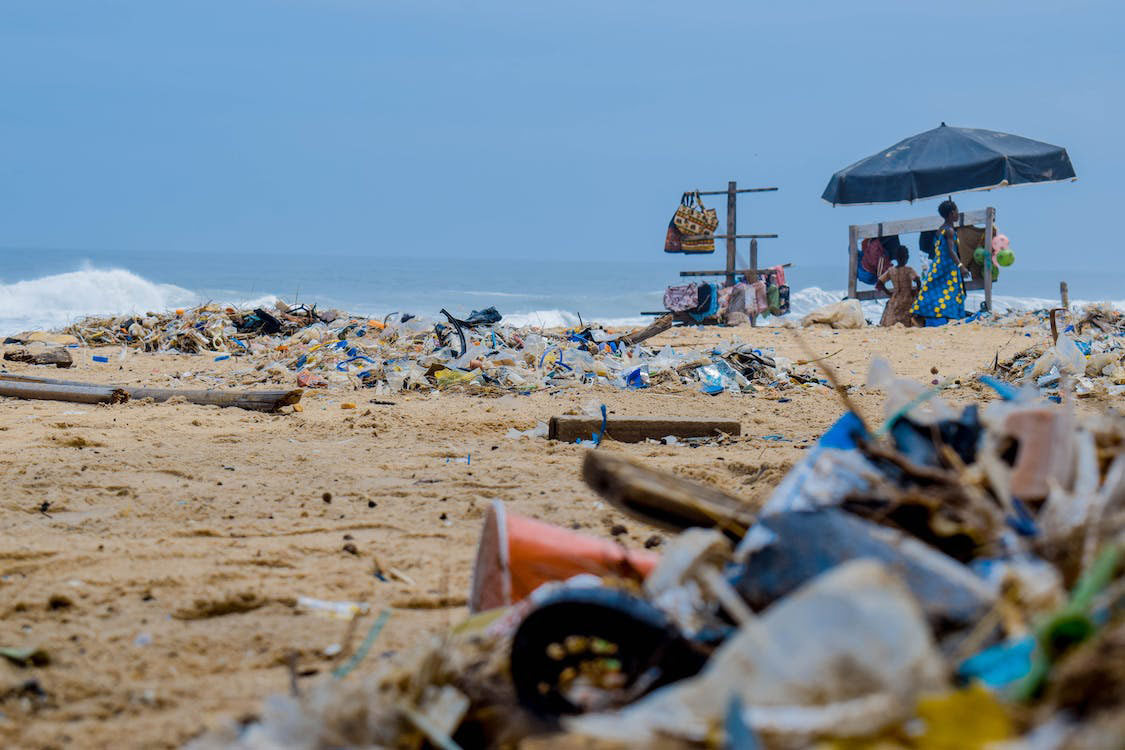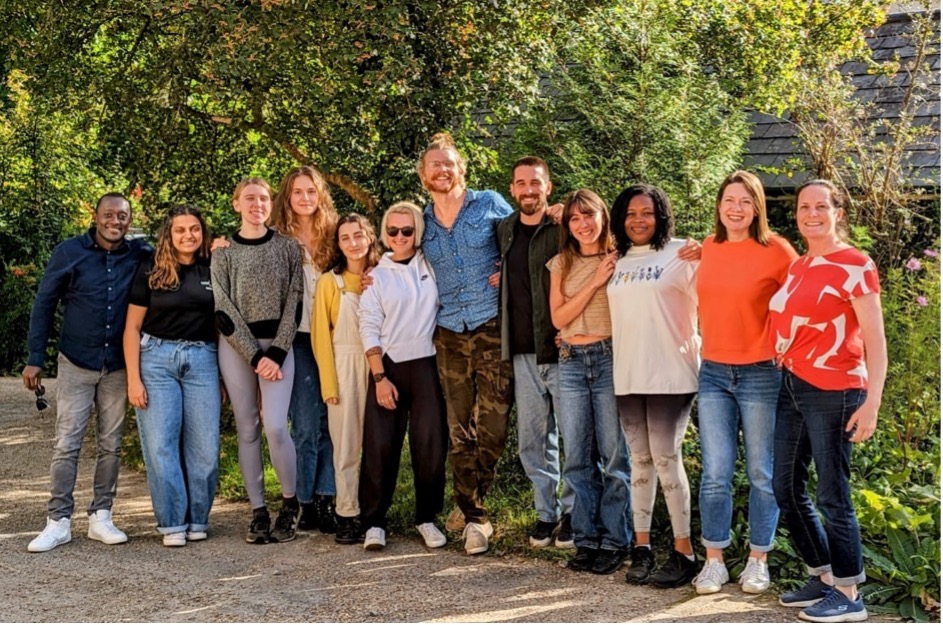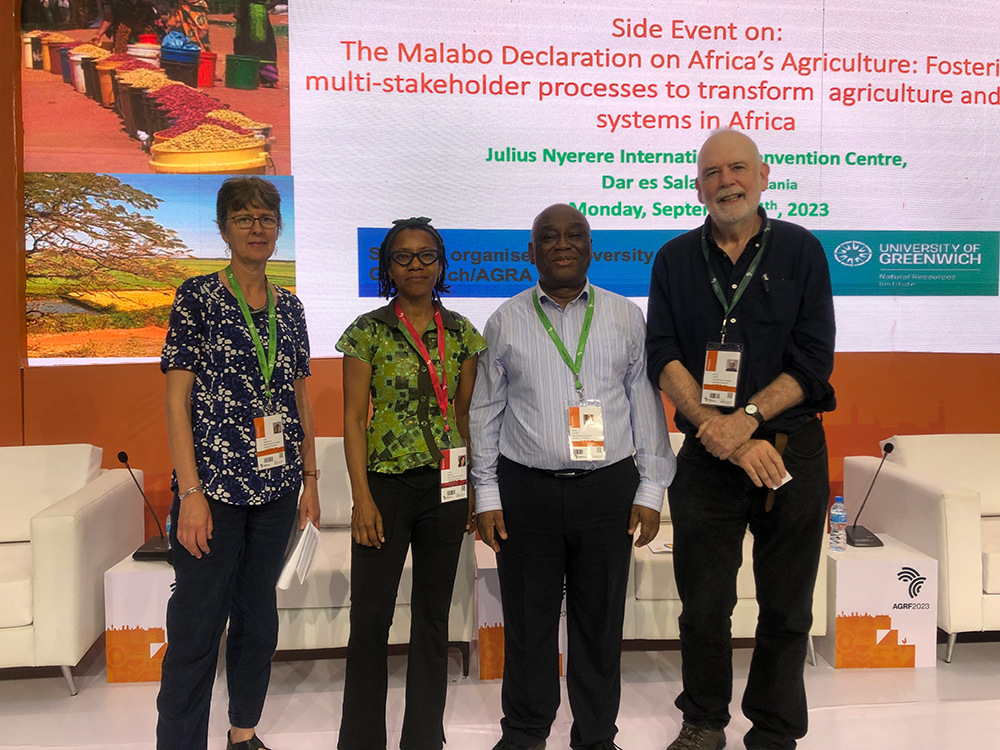News - 2023
NRI Director, Prof. Sheryl Hendriks is co-author of an influential new report that establishes a baseline for tracking the performance of food systems across the world. The report highlights the urgent need for improvements in global food systems...
Kefilwe Roba Moalosi is a Nutrition and Food Safety specialist at the African Union Development Agency (AUDA-NEPAD), a technical and development agency of the African Union. She completed the MSc Food Safety and Quality Management at NRI in 2009....
Dr. Stephen Onakuse, President of Agrinatura, paid a visit to the Natural Resources Institute (NRI) on 24 November 2023. His visit was in recognition of the value of the work going on at NRI and a mutual interest in discussing strategies to...
The world has reached a pivotal moment as threats from Earth system tipping points – and progress towards positive tipping points – both accelerate, according to a new report. NRI’s Dr. Uche Okpara, Senior Lecturer in Climate Change, State...
Parasitic plants depend fully or partly on other plants for their nutrition, growth and development. Parasitic plants can completely manipulate their host plants. Infected hosts show arrested development while enabling the parasitic plants they...
Umar Muhammad is currently in the third year of his PhD programme based in the Department of Agriculture, Health and Environment at the Natural Resources Institute (NRI). He took five minutes out his day to talk to us about his inspiring life...
Plastic is ubiquitous. Plastic production, consumption and subsequently waste/pollution is increasing at an alarming rate. Annual production of plastic has grown from under 2 million tonnes (Mt) in 1950 to 460 Mt in 2019 and is on track to triple...
As the world marks World Science Day for Peace and Development (WSDPD), we are reminded of the role that science plays not just in broadening our understanding of the world but also its influence on society as we know it. In the face of rising...
After a whirlwind first year, the second cohort of the UK Food Systems Centre for Doctoral Training (UKFS-CDT) gathered for a transformative retreat at Emerson College in East Sussex from 4-6 of October 2023. Guided by facilitator, Jo Gage, the...
NRI hosted Members of Parliament (MPs) from the Ghanaian Parliament’s Committee on Food, Agriculture and Cocoa Affairs from 23-24 October. The four-member delegation was led by the committee chairperson, Hon. John Osei Frimpong accompanied by Hon....
Halloween is upon us, a night excitedly longed for by children across many countries. A night associated with traditions of carving ghoulish faces into pumpkins, which are then placed on doorsteps with their flickering candlelight inviting groups...
NRI joined over 3,000 delegates from more than 70 countries for the Africa Food Systems Summit (AGRF) 2023 in Dar-es-Salaam, Tanzania, from 4-8 September. The theme conference theme was ‘Recover, Regenerate, Act: Africa’s Solutions to Food Systems...


